Industrial washing / Articles
Industrial tray washer: complete guide
Need to wash large volumes of trays effortlessly? Find out how an industrial tray washer can handle the job and how to select the perfect one for your needs.
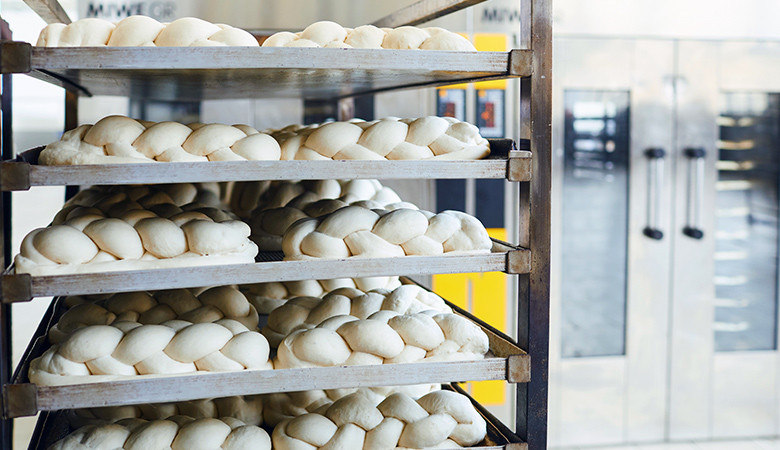
 31 minutes of reading
31 minutes of reading
2024-10-03 16:19:41
- Industrial tray washers replace variable, manual processes with consistent, repeatable cleaning that supports both hygiene and operational efficiency.
- The real return on investment comes not only from labour savings, but from regained time, smoother workflows and fewer disruptions.
- The MultiWasher was designed to wash trays effortlessly with the latest water and energy saving technologies.
Manual tray washing is a weary, manual task that eats up valuable resources like time, water, energy, and chemicals. It's a job that nobody looks forward to – it’s physically demanding, clutters your washing area, slows down your workflow, and can significantly drive up your operating costs. And it’s even more challenging in industries where sanitization is non-negotiable. But with an industrial tray washer, such as MultiWasher, you can skip the manual labour. Discover the advantages and how to choose the right one.
What is an industrial tray washer?
An industrial tray washer is a highly specialized machine designed to wash, sanitize, and dry up large quantities of trays (or sheet pans), crates, and other similar items used in industries like food processing, healthcare, logistics and pharmaceuticals. They are engineered to handle the high-volume demands of commercial and industrial environments.
Here’s a sample of the type of trays that require thorough washing:
- Food crates. Essential for transporting, storing, and processing a variety of food products, including fruits, vegetables, meats, dairy items, and more. These crates often deal with heavy loads and residues.
- Bakery trays. Perfect for the demanding environment of bakeries, these trays are used for proofing and baking an assortment of goods like bread, pastries, and cakes. They need to be cleaned meticulously to maintain hygiene and avoid cross-contamination.
- Pharmaceutical trays. Designed for use in pharmaceutical manufacturing, these trays handle and transport sensitive medical supplies. MultiWasher ensures they are cleaned to the highest standards to prevent contamination and ensure safety.
- Manufacturing trays. Used across various manufacturing processes, these trays may handle everything from components to finished products. MultiWasher keeps them spotless, helping to maintain quality and efficiency in production lines.
These machines use powerful jets of water, detergents and sanitizing agents. They remove dirt, food residue, and bacteria from trays. Usually, such equipment is part of a larger workflow, where efficiency, hygiene, and speed are critical.
The advantages of industrial tray washers
Investing in an industrial tray washing machine comes with a host of benefits that can noticeably improve your business operations. Here are some of the key advantages.
1. Increased hygiene and safety
In industries like food production and healthcare, maintaining strict hygiene standards is mandatory. Industrial washers ensure that all trays or sheet pans and containers are cleaned to the highest standards, reducing the risk of contamination and helping to comply with industry regulations.
2. Time and labour efficiency
Manual washing of trays in a busy industrial environment is time-consuming and labour-intensive. Industrial tray washers automate this process, freeing up your workforce to focus on more critical tasks. This leads to significant time savings and can also reduce labour costs.
3. Consistency and reliability
Unlike manual washing, which can vary in effectiveness depending on the worker, industrial tray washing machines provide consistent results. Every tray is cleaned to the same high standard, every time. This reliability is crucial in industries where even a small lapse in hygiene can have severe consequences.
4. Water and energy efficiency
Modern industrial tray washers are designed with sustainability in mind. They use advanced technology to minimize water and energy consumption, which is better for the environment and also reduces operational costs. Over time, the savings on utility bills can be substantial.
5. Longer lifespan of trays and containers
Unlike harsh or inconsistent manual washing, these machines use controlled programmes tailored to different materials. This results in less warping, corrosion or surface damage, extending the service life of trays and containers.
6. Easier compliance and audit readiness
Many industrial tray washers allow monitoring and recording of key parameters such as temperature, wash time and water usage. This traceability simplifies compliance with hygiene standards and makes audits less stressful.
7. Scalability as operations grow
As production volumes increase, an industrial washer can absorb higher loads without the need to expand manual labour or redesign processes. It’s a solution that grows with your operation.
8. Better working conditions
Less physical strain, reduced exposure to heat and chemicals, and a more organised wash area contribute to a safer, more comfortable working environment for operators.
Limitations of tray washers
Tray washers are incredibly useful when it comes to automating repetitive washing tasks, but they’re not a perfect fit for every situation. It’s worth knowing where they might fall short.
One of the main limitations is load flexibility. Most tray washers are designed for a specific type or size of tray, which can become a problem if your operations involve a mix of formats or irregular shapes. Trying to wash items that don’t fit properly can lead to poor results, wasted cycles, or even damage, which is definitely not ideal when hygiene is non-negotiable.
Capacity is another factor. While tray washers can process large volumes, they’re often optimised for just that – trays. If your workflow also includes crates, lids, containers, or other tools, you may find yourself needing separate systems or extra manual work to fill the gaps. That adds complexity where you probably want things streamlined.
Systems like MultiWasher were designed with these challenges in mind. This industrial washing machine offers more flexibility, stronger drying capabilities and custom cycles that adapt to mixed or sensitive loads, so you don’t have to compromise on washing or efficiency.
Signs you might need a tray washer
If washing trays is slowing you down, costing more than it should, or falling short on hygiene, it might be time to upgrade.
1. You're losing time to manual washing
If your team is spending hours scrubbing trays by hand, day after day, that's a strong sign it's time to automate. Manual washing eats into your productivity and it’s also inconsistent and physically demanding.
2. Hygiene standards are getting harder to meet
Food safety regulations aren’t getting any lighter. If you're struggling to maintain consistent hygiene across all trays, especially after heavy use, a tray washer can help standardise and raise your washing processes.
3. You're scaling up production
More output means more trays in circulation. If your current washing setup can’t keep up without creating a bottleneck, a washer built for volume will make a noticeable difference in both speed and flow.
4. Your trays don’t dry properly
Trays coming out wet (or needing extra time to air-dry) can delay your process or force you to add extra steps. A good tray washer includes proper drying functions, so everything’s ready to use right away.
5. You use different types of trays
If your operation uses a mix of plastic, stainless steel, or different tray sizes, manual washing might not be handling them all equally well. Advanced tray washers (like MultiWasher) let you customise cycles for different materials and shapes, ensuring nothing is missed.
6. Water and energy costs are creeping up
Washing trays manually or with outdated equipment often means more water, more energy, and higher bills. Tray washers are designed to be efficient. Some models even use smart cycles that adapt consumption to the load, helping reduce waste.
7. You’re relying on temporary fixes
If extra staff, overtime, or ad-hoc washing shifts are the only way to keep trays moving, the process isn’t sustainable. These workarounds usually point to a structural gap in the wash area.
8. Your wash area is overcrowded or disorganised
Stacks of dirty trays waiting to be washed (or washed ones waiting for) often mean the washing process isn’t keeping pace with operations. A dedicated tray washer helps restore order and predictability.
9. Washing is impacting staff wellbeing
Frequent handling of hot water, detergents and repetitive movements can lead to fatigue or injury. If tray washing is becoming a physical burden for your team, automation can significantly reduce strain.
10. You’re preparing for audits or certifications
If upcoming inspections are pushing you to tighten procedures, a tray washer provides measurable, repeatable wash parameters that support compliance and documentation.
Which companies are industrial tray washers meant for?
Here’s a breakdown of the companies that truly benefit from these machines.
1. Food production and distribution
Food businesses – whether it's a bustling restaurant, a high-volume bakery, or a catering service – are in the business of serving people. And serving people means hygiene, hygiene, hygiene. Industrial tray washers are the ones who make sure the trays are spotless, preventing cross-contamination and ensuring every sandwich, pastry, or fresh produce gets a sanitized slate.
2. Pharmaceutical and cosmetics industries
When it comes to pharmaceutical and cosmetic manufacturing, precision and sanitization are critical. One speck of dust or residue on a tray and you could have a lot of explaining to do. Industrial tray washers keep trays spotless and ready for whatever delicate, high-stakes product is coming next. For industries where hygiene is as critical as the products themselves, these washers are as essential as a lab coat. They ensure everything stays in line with the most rigorous standards.
3. Manufacturing and warehousing
Industrial tray washers are not limited to food or pharmaceuticals. Manufacturing plants and large warehouses that handle components, parts, or products in bulk also rely on these machines. Trays in these environments can accumulate grease, dirt, or debris quickly, which can hinder operations and cause delays. An industrial tray washer helps streamline logistics by ensuring trays are consistently washed, ready for use, and free from contaminants that could disrupt production flow.
4. Retail and in-store food preparation
Supermarkets, retail chains and stores with in-house food preparation use trays constantly, such as bakery counters or fresh and ready-to-eat sections. In these fast-paced environments, trays need to be washed frequently and consistently, without interrupting service. Industrial tray washers help retail teams maintain high hygiene standards behind the scenes, even during peak hours.
5. Logistics and distribution centres
In logistics hubs and distribution centres, trays are in constant circulation between storage, picking, packing and dispatch. Over time, they collect dust, spills and residues that can compromise both hygiene and efficiency. Tray washers ensure reusable trays stay clean and standardised across the supply chain, supporting smoother operations and reducing the need for disposable packaging.
6. Small businesses and artisan enterprises
It’s not just large factories and corporations that benefit from industrial tray washers. Small businesses, like artisan bakeries or local craft producers, also gain a massive value from them. They save time, reduce manual labour, and help focus on what really matters: delivering amazing products.
What technologies go into industrial tray washers?
Industrial tray washers are precision-engineered washing powerhouses packed with advanced technology.
1. High-pressure washing
Industrial tray washers use high-pressure nozzles to blast away dirt, grease, and residues. Strategically positioned jets ensure every inch of the tray is washed, even those annoying corners where grime hides.
2. Intelligent detergent dosing
Too much detergent? Wasteful and expensive. Too little? Ineffective. The solution? Automated dosing systems that calculate the precise amount of detergent needed for each wash cycle. This guarantees consistent washing and also optimizes chemical use, which saves money and reduces environmental impact.
3. Filtration and water recycling
Washing thousands of trays a day can guzzle water, unless your machine is smart about it. Advanced filtration systems remove food particles, grease, and dirt from the wash water, allowing it to be reused multiple times before being replaced. This means lower water consumption, reduced costs, and a smaller environmental footprint.
4. High-efficiency drying
A spotless tray is great, unless you have to wait for it to dry. That’s why industrial tray washers come equipped with powerful drying systems. High-speed blowers or heated air jets remove moisture quickly, ensuring trays come out dry and ready for immediate use.
5. IoT and smart monitoring
Modern industrial tray washers come equipped with IoT technology, allowing operators to monitor performance in real time. Need to check water temperature, detergent levels, or machine efficiency? Just pull up the dashboard. Some systems even predict maintenance needs, reducing unexpected downtime and costly repairs.
6. UV and ozone disinfection
For industries with ultra-strict hygiene requirements, some washers integrate UV or ozone technology to provide an extra layer of disinfection. This ensures that even the most stubborn bacteria and pathogens don’t stand a chance.
How tray washers work
Tray washers are designed to take a task that’s usually slow and repetitive, and turn it into something fast, reliable and consistent.
The process starts by loading the trays onto a conveyor or into a rack system, depending on the model. Once everything’s in place, the machine runs through a pre-set washing cycle. High-pressure jets spray a mix of hot water and detergent across all surfaces, working to break down grease, food residue, or any buildup from production. Because trays are often flat and stacked close together, the jet angles and spacing are calibrated to make sure every side is reached without needing to reposition anything manually.
After washing, a rinse phase kicks in, washing away detergent and prepping the trays for drying. Some machines then apply a sanitising step (usually thermal), depending on hygiene requirements. Drying can vary: some systems use residual heat from the final rinse, others include dedicated drying zones with hot air flow to remove moisture quickly and evenly.
What makes tray washers really efficient is how repeatable they are. Once the cycle is optimised for your trays, you can run load after load without worrying about inconsistency. And with systems like MultiWasher, you get the added benefit of flexible programming, so if your trays change, or you introduce new formats, the process adapts with you.
How to choose the right industrial tray washer
Selecting the right industrial tray washing machine for your business is a decision that requires careful consideration. Here are some factors to keep in mind when making your choice.
1. Define the required capacity and throughput
The first thing to consider is how many trays you need to wash per hour or per day. The machine’s capacity should match your production needs without bottlenecking your workflow. Look for machines that offer the throughput you require, whether that’s a few hundred trays per hour or several thousand.
2. Check available space and footprint constraints
Space is often at a premium in industrial settings, so consider the physical size of the machine. Ensure that it fits comfortably in your available space and integrates well with your existing equipment and processes.
3. Prioritise ease of operation and maintenance
A good industrial tray washing machine should be easy to operate and maintain. Look for user-friendly controls, quick access to maintenance points, and robust customer support. The easier the machine is to maintain, the less downtime you’ll experience.
4. Ensure the machine can be customised to your needs
Every industry has its specific requirements. Some trays may need special handling, or you might need different washing cycles for various contaminants. Choose a machine that offers customizable wash programs or can be tailored to your specific needs.
5. Evaluate energy efficiency and consumption levels
With rising energy costs, an energy-efficient machine can save you a lot of money in the long run. Look for machines that have been designed with energy-saving features, such as optimized water jets, efficient heating systems, and smart energy management.
6. Assess durability and overall build quality
Industrial equipment is a significant investment, so you want a machine that’s built to last. Check the materials used in the construction, such as stainless steel, which is resistant to corrosion and wear. The machine should be robust enough to handle the daily demands of your operation.
7. Identify the types of contamination you need to remove
Not all residues behave the same way. Grease, baked-on food, sugar, powders or labels each require different wash dynamics. Make sure the washer is proven to handle the specific soils common in your operation, not just “general dirt”.
8. Plan how the washer will integrate into your workflow
A tray washer shouldn’t operate in isolation. Consider how trays enter and exit the machine, how they move to the next stage, and whether the washer supports inline operation, conveyors or return loops without disrupting your current layout.
9. Review water management and filtration capabilities
Beyond basic efficiency, look at how the machine manages reused water. Advanced filtration and separation systems keep wash water effective for longer, reduce changeover frequency and help maintain consistent wash results throughout the shift.
10. Consider downtime risk and service accessibility
Assess how quickly the machine can be serviced if something goes wrong. Factors like modular components, remote diagnostics or local technical support can make a big difference when uptime is critical.
11. Verify compliance with industry-specific standards
Different sectors require different certifications and validations. Check whether the machine meets the regulatory, hygiene or safety standards relevant to your industry and target markets, especially if you operate across regions.
12. Calculate the total cost of ownership
Focusing only on the purchase price can be misleading. Factor in water, energy, chemicals, maintenance and expected lifespan to understand the real cost over time. A slightly higher upfront investment often pays off through lower operating costs.
Tray washer ROI
A tray washer delivers a rapid and measurable return on investment by significantly reducing labor, water, energy, and chemical costs associated with manual or semi-manual cleaning processes. Automated washing cycles ensure consistent, repeatable results while minimizing rewash rates caused by human error.
Facilities typically see immediate labor savings by reallocating staff from low-value cleaning tasks to higher-value operations, while optimized water usage and controlled detergent dosing reduce utility and consumable expenses. These efficiencies combine to lower the total cost per cleaned tray and shorten the payback period.
Beyond direct cost savings, a tray washer drives ROI through improved hygiene, compliance, and operational uptime. Consistent sanitation helps reduce contamination risks, product loss, and audit findings, protecting revenue and brand reputation.
Faster, predictable cleaning cycles also increase tray availability, supporting higher throughput and smoother production flow without the need to purchase additional trays. Over the equipment’s lifecycle, these operational gains, combined with reduced maintenance and waste, translate into a strong long-term financial return and a scalable solution for future growth
How to maximize the lifespan of your industrial tray washer
An industrial tray washer is an investment to be protected. With the right care and a few smart habits, you can keep it running at peak performance for years.
1. Stick to a regular cleaning routine
It might sound ironic, but even a machine built for washing needs to be washed. Residue buildup, limescale, and detergent deposits can affect efficiency over time. Follow the manufacturer’s guidelines, paying special attention to filters, nozzles, and drainage areas.
2. Use the right detergents
Not all washing agents are created equal. Using harsh or incompatible detergents can cause corrosion, damage seals, and reduce efficiency. Stick to recommended products that match your machine’s specs, and don’t go overboard – too much detergent can be just as bad as too little.
3. Keep an eye on the water quality
Hard water is the silent killer of industrial washers. Mineral buildup can clog nozzles, reduce heating efficiency, and wear down internal components. If your facility has hard water, consider installing a water softener or using anti-scale treatments.
4. Inspect (and replace) wear-and-tear parts before they fail
Filters, seals, and spray nozzles don’t last forever. Regularly inspect these components and replace them as needed. Many modern washers, like MultiWasher, have smart monitoring systems that alert you when parts need attention.
5. Don’t overload it
Overloading trays or stacking them incorrectly can lead to inefficient washing and unnecessary strain on the system. Follow the manufacturer’s loading recommendations to ensure every tray gets properly washed without putting extra stress on the machine.
6. Schedule preventive maintenance
A little proactive maintenance goes a long way. Have a technician check the machine periodically to catch small issues before they turn into costly repairs. Preventive servicing helps avoid downtime and keeps your washer working like new.
7. Train your team
Even the most advanced industrial washer won’t last if it’s used incorrectly. Make sure your team knows how to load trays properly, adjust settings for different wash cycles, and follow routine maintenance procedures. A well-trained team can extend your machine’s lifespan more than any quick fix.
Industrial tray washer: frequently asked questions
Here are the answers to some of the most common questions about industrial tray washers.
1. How can an industrial tray washer improve compliance with hygiene regulations?
Regulations in industries like food production, pharmaceuticals, and logistics are becoming stricter. The right washer should ensure legal hygiene standards. Features like thermal disinfection, automated chemical dosing, and HACCP-compliant monitoring systems help businesses stay ahead of audits and avoid costly compliance failures.
2. Can an industrial tray washer reduce my labour costs?
Absolutely. A properly integrated washer minimizes the need for manual pre-washing, scrubbing, and drying. This means fewer staff hours spent on repetitive washing tasks.
3. Can a tray washer integrate with my existing production line?
Yes, and this is something many overlook. The right machine should work seamlessly with your conveyor belts, stacking systems, or automated loading/unloading processes. Checking for compatibility with your workflow can maximize efficiency and minimize handling time.
4. What happens if my washer breaks down? How fast can it be fixed?
Downtime is expensive. Some machines come with remote diagnostics and predictive maintenance features, allowing technicians to identify and solve issues before they cause failures. Choosing a manufacturer with strong support, like Somengil, can make a huge difference in minimizing disruptions.
5. Are tray washers adaptable to different tray sizes and materials?
Yes, but not all washers handle this equally well. If your facility uses a variety of tray types (plastic, stainless steel, deep, flat, etc.), it’s worth choosing a machine with adjustable settings or programmable wash cycles. This flexibility ensures effective washing without damaging sensitive materials or missing hard-to-reach areas.
6. How energy-efficient are industrial tray washers, really?
Efficiency varies a lot between models. Look for machines that recycle water across cycles, use high-efficiency pumps, or include smart sensors to adapt cycles to the actual load. These features significantly reduce water and energy use over time, especially important for facilities running multiple shifts.
7. Can a tray washer support traceability and audit readiness?
Increasingly, yes. Advanced washers like MultiWasher come with digital monitoring systems that log every wash cycle, including temperature, duration, and chemical dosage. This makes it easier to prove compliance during audits and keep detailed washing records, which is especially useful in regulated industries.
MultiWasher: the industrial tray washer designed to meet every demand
When it comes to industrial tray washing machines, the MultiWasher stands out as a versatile, efficient, and reliable solution for businesses of all sizes. It is carefully engineered to meet the high demands of industrial kitchens, bakeries, and food processing facilities.
- Versatility: MultiWasher is designed to handle a wide range of tray sizes and types, and also other items, like crates, load carriers, pallets or boxes. Its customizable wash programs mean you can adjust settings to perfectly suit whatever you’re cleaning.
- Efficiency: With advanced water-saving and energy-efficient technologies, the MultiWasher reduces operational costs while maintaining the highest standards of cleanliness. Speaking in numbers, MultiWasher only uses up to 2/3 less water compared to other industrial washing solutions and requires 70% less detergent to achieve a perfect clean.
- User-Friendly: With intuitive controls and easy access for maintenance, the MultiWasher is as straightforward to operate as it is effective. The user-friendly interface allows operators to quickly learn and manage the machine, reducing training time and minimizing the risk of errors.
Don’t settle for less when it comes to maintaining high standards of sanitization. Contact us today to get personalized advice and discover how MultiWasher can be tailored to fit your unique requirements. Get in touch.
You may also like
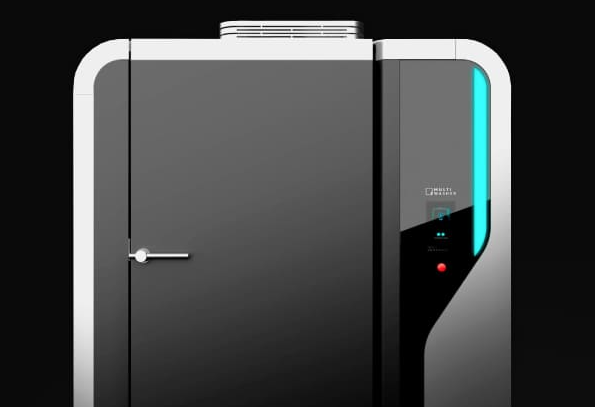
Industrial washing / Articles
5 key trends from Anuga 2024
We were at Anuga, one of the major fairs in the food sector worldwide. Discover the 5 main trends that will shape the upcoming years.
Posted in 2024-05-07

Industrial washing / Articles
Pharmaceutical industry: how to choose the right industrial washing solution
In the pharmaceutical industry, industrial washing is a critical success factor. Find out how to choose the right equipment.
Posted in 2024-03-08
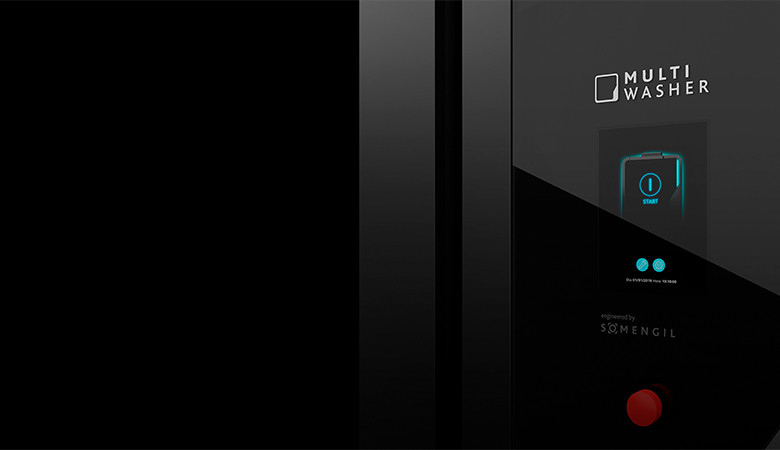
Industrial washing / Articles
Drying systems: what are they and how to choose one
Discover the real impact of drying systems in your everyday operations and know how to pick one.
Posted in 2024-12-13
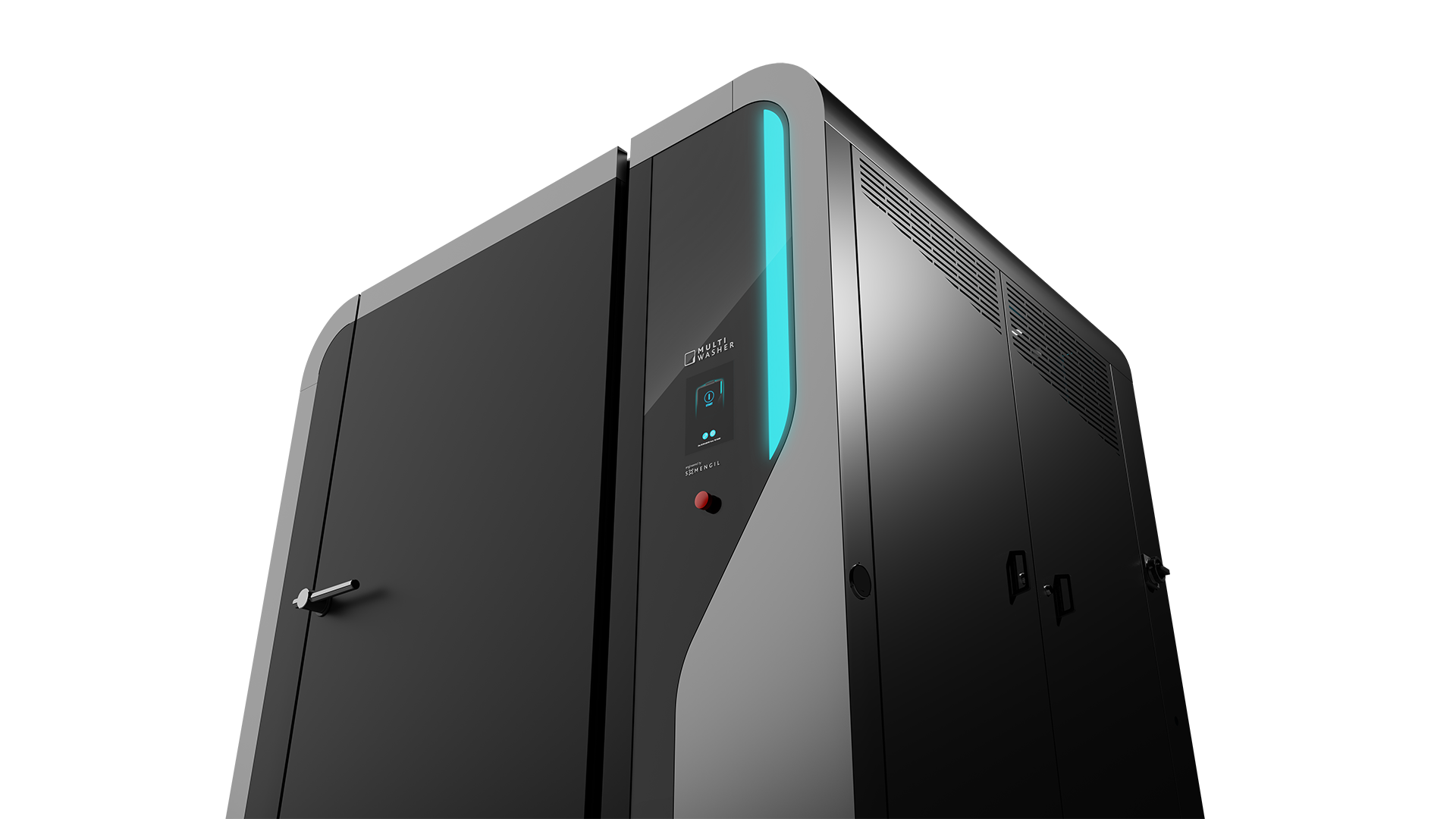
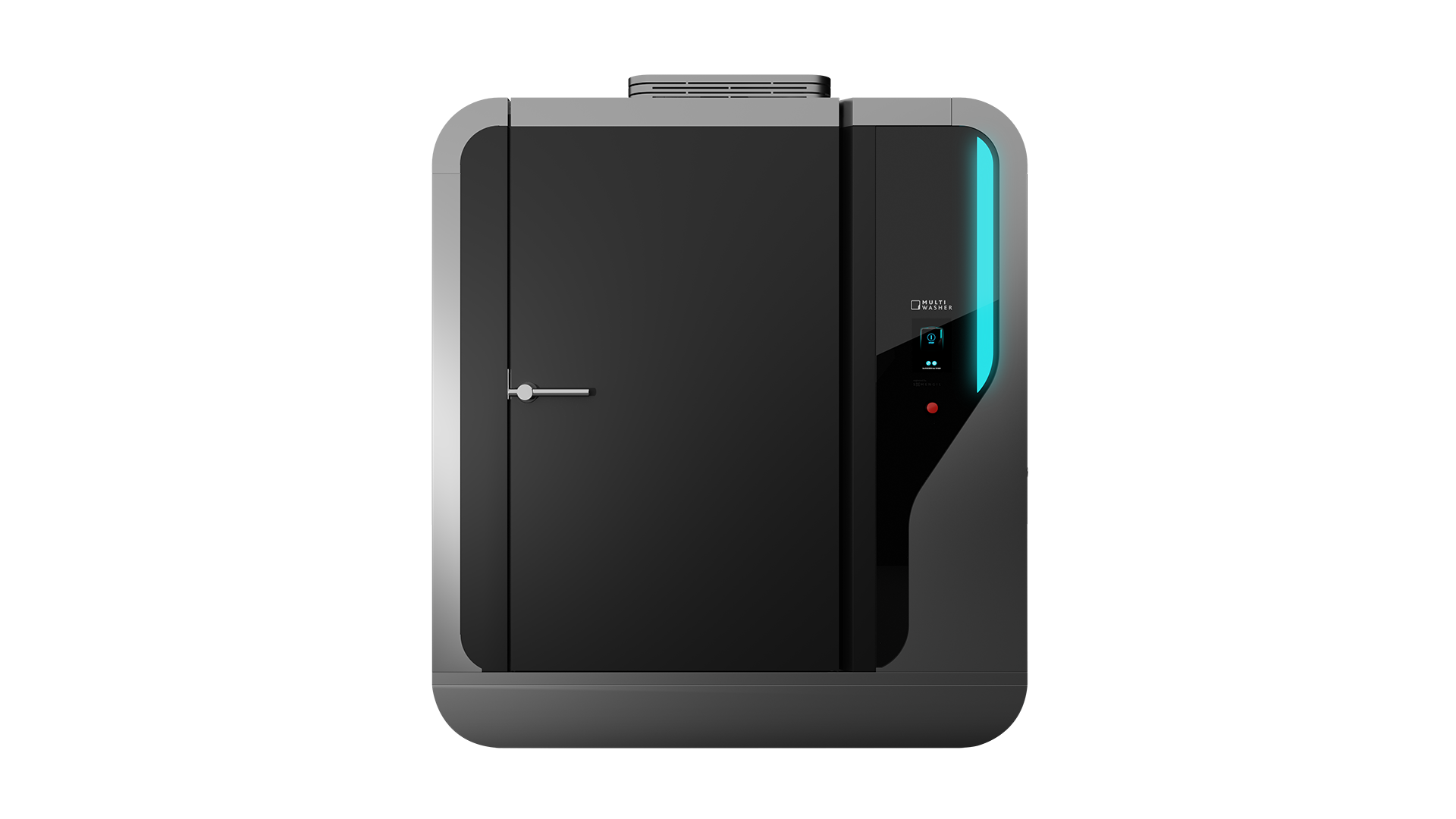
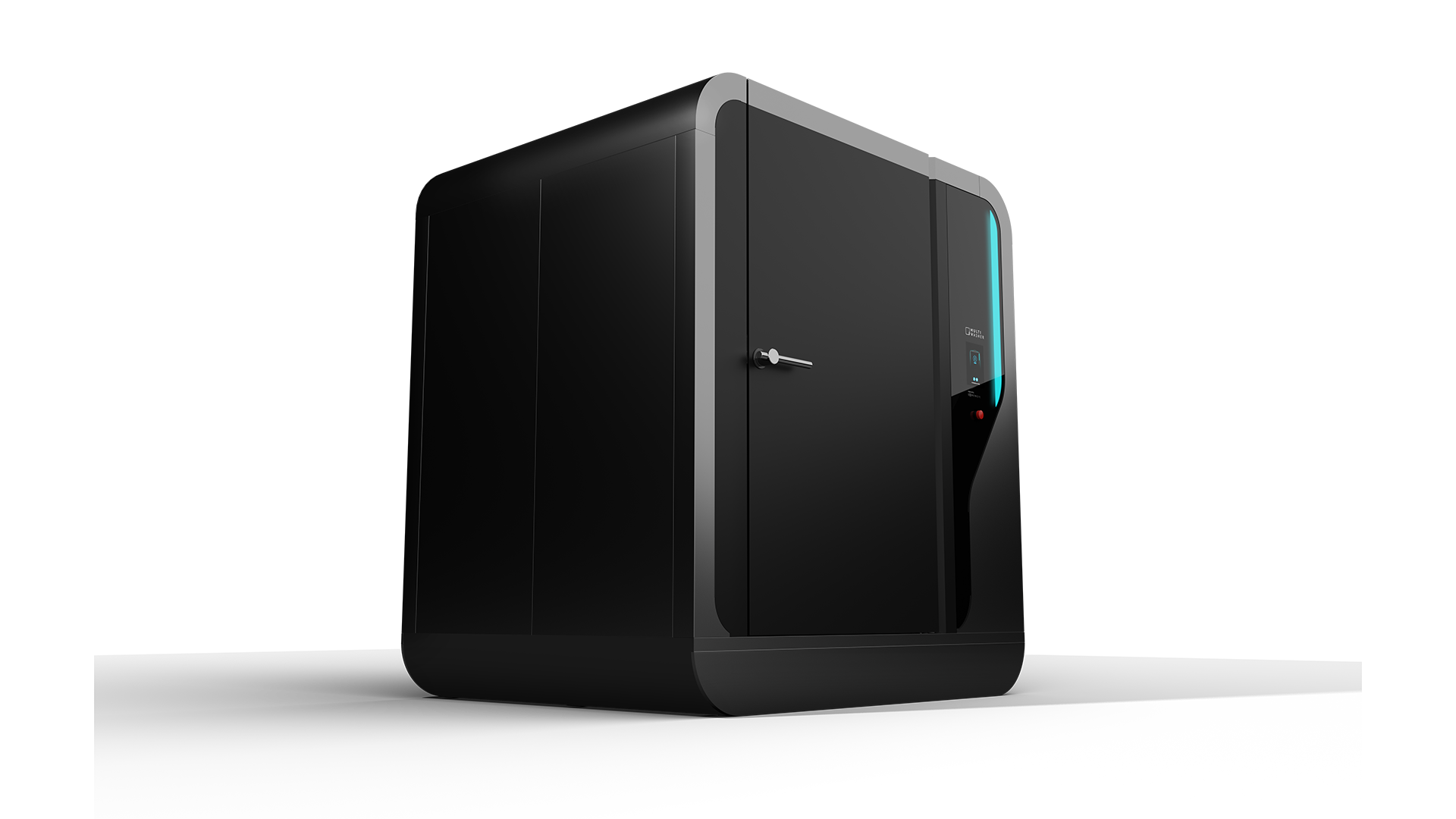
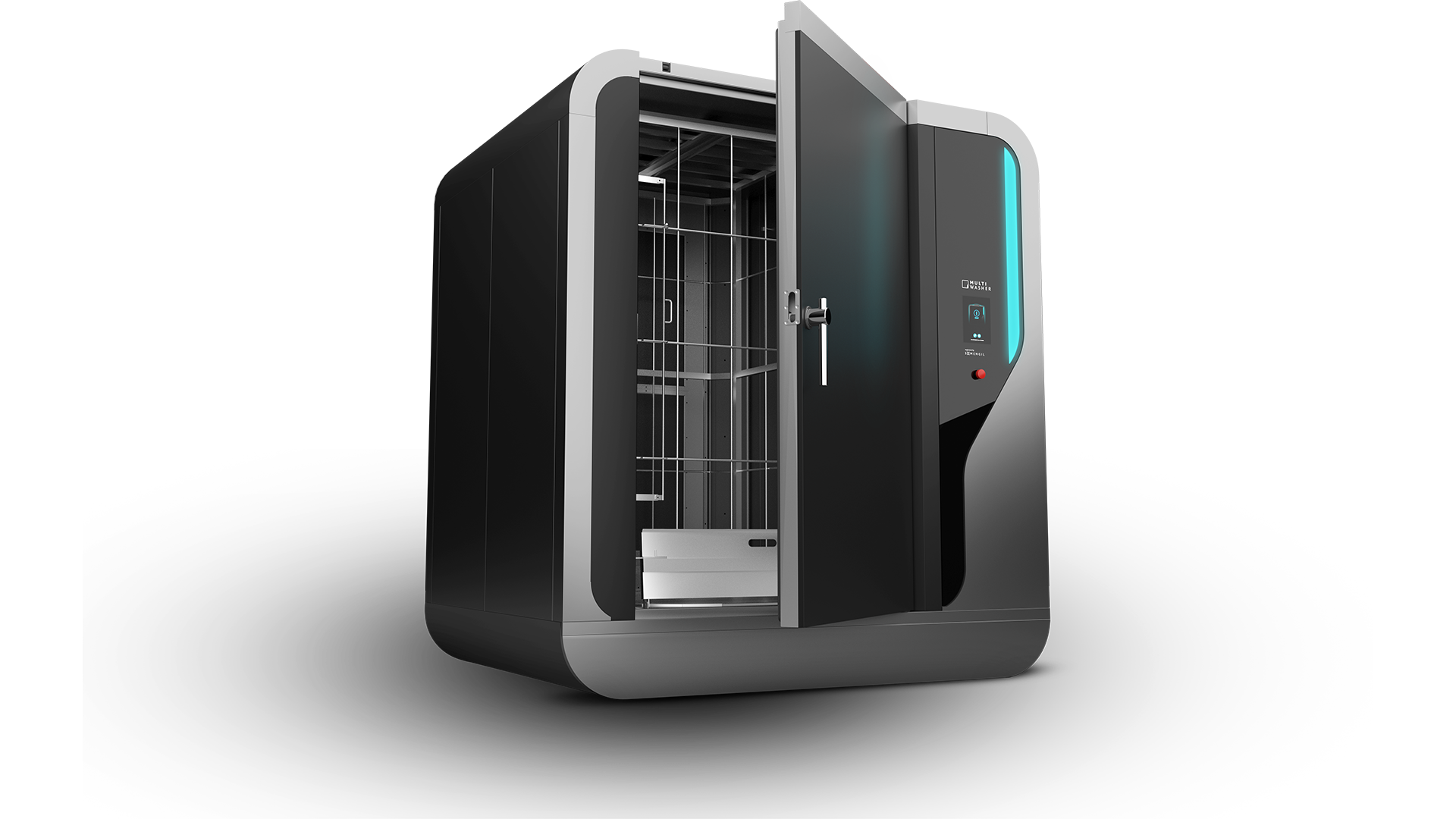
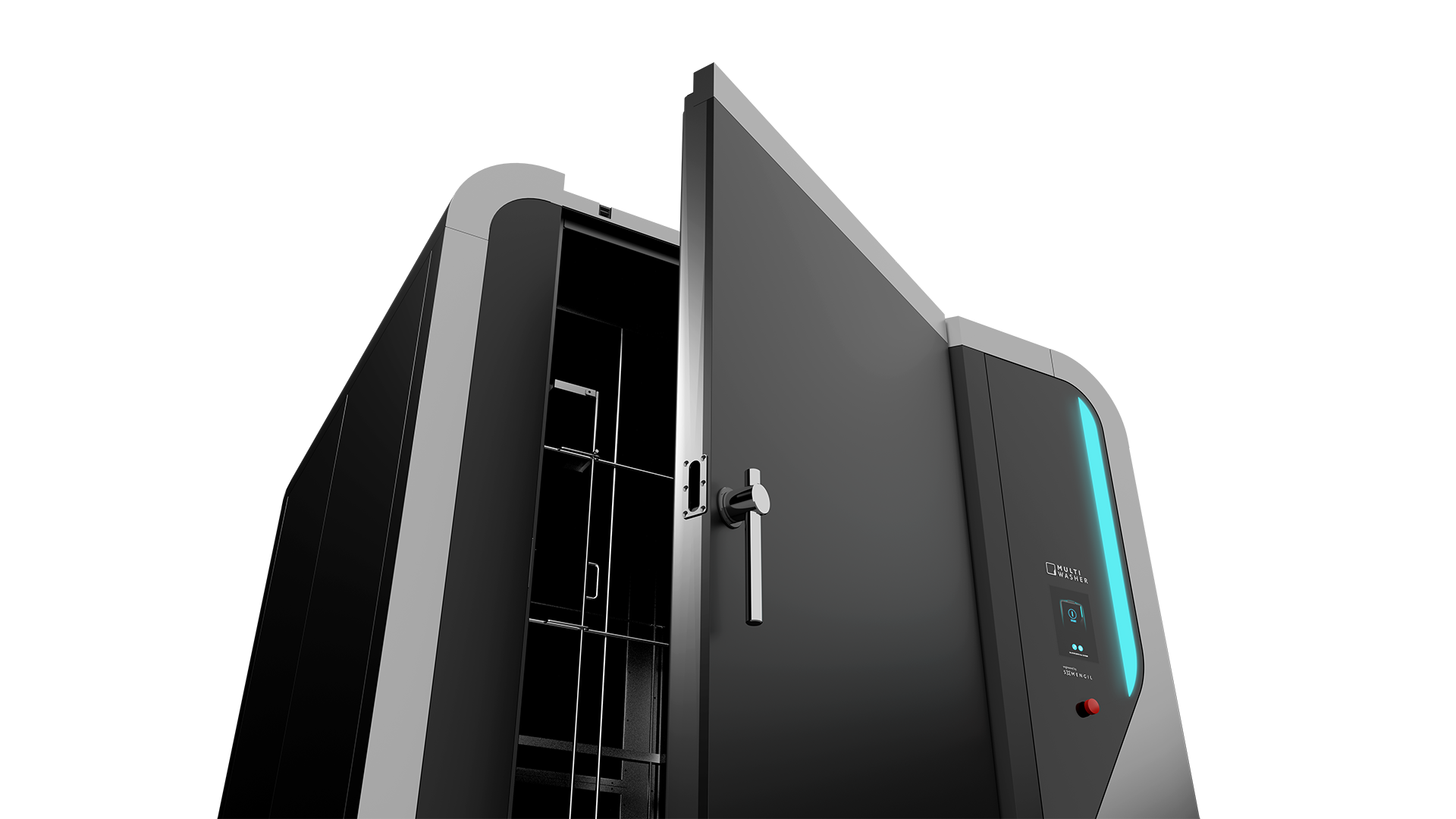
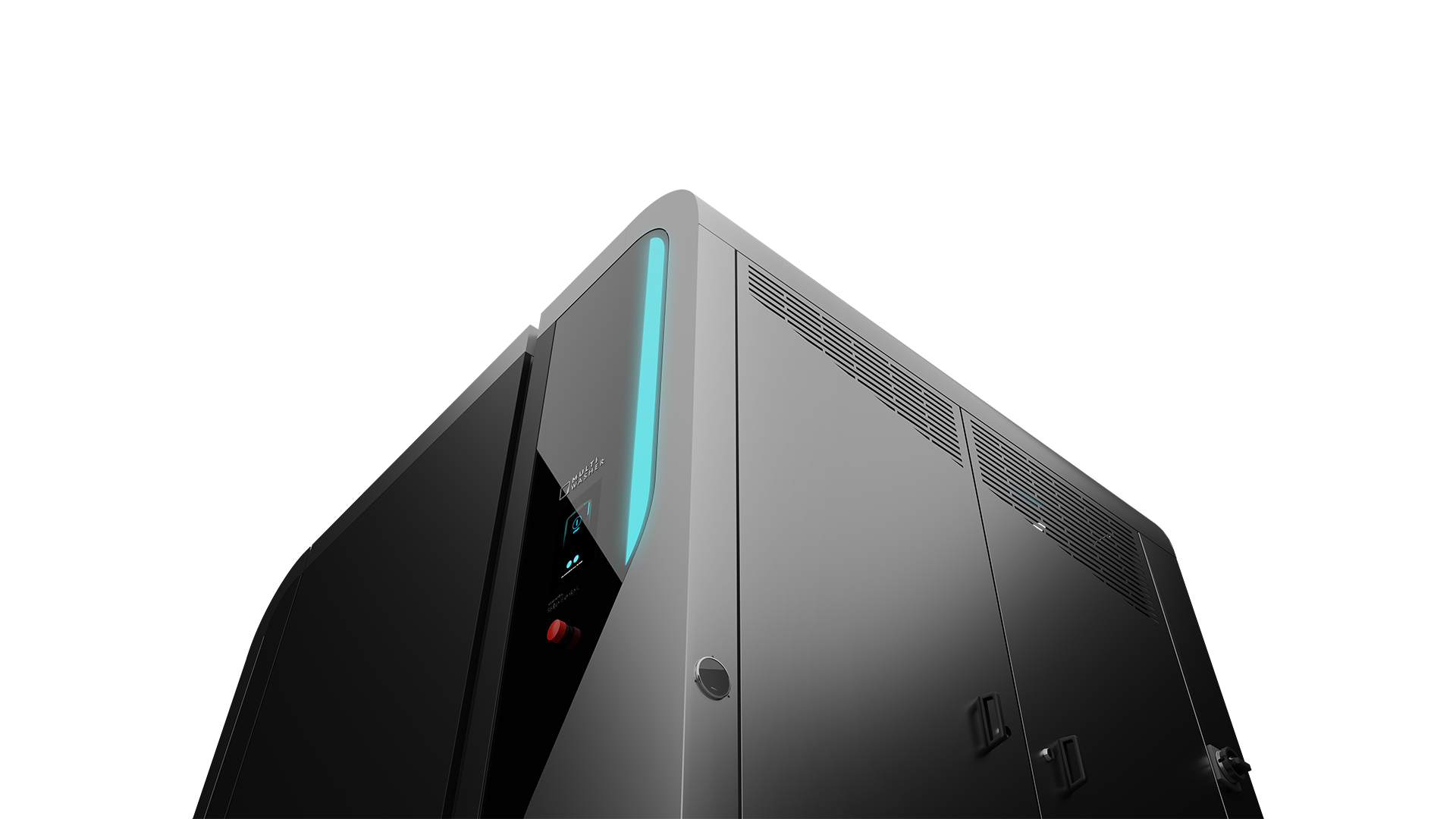
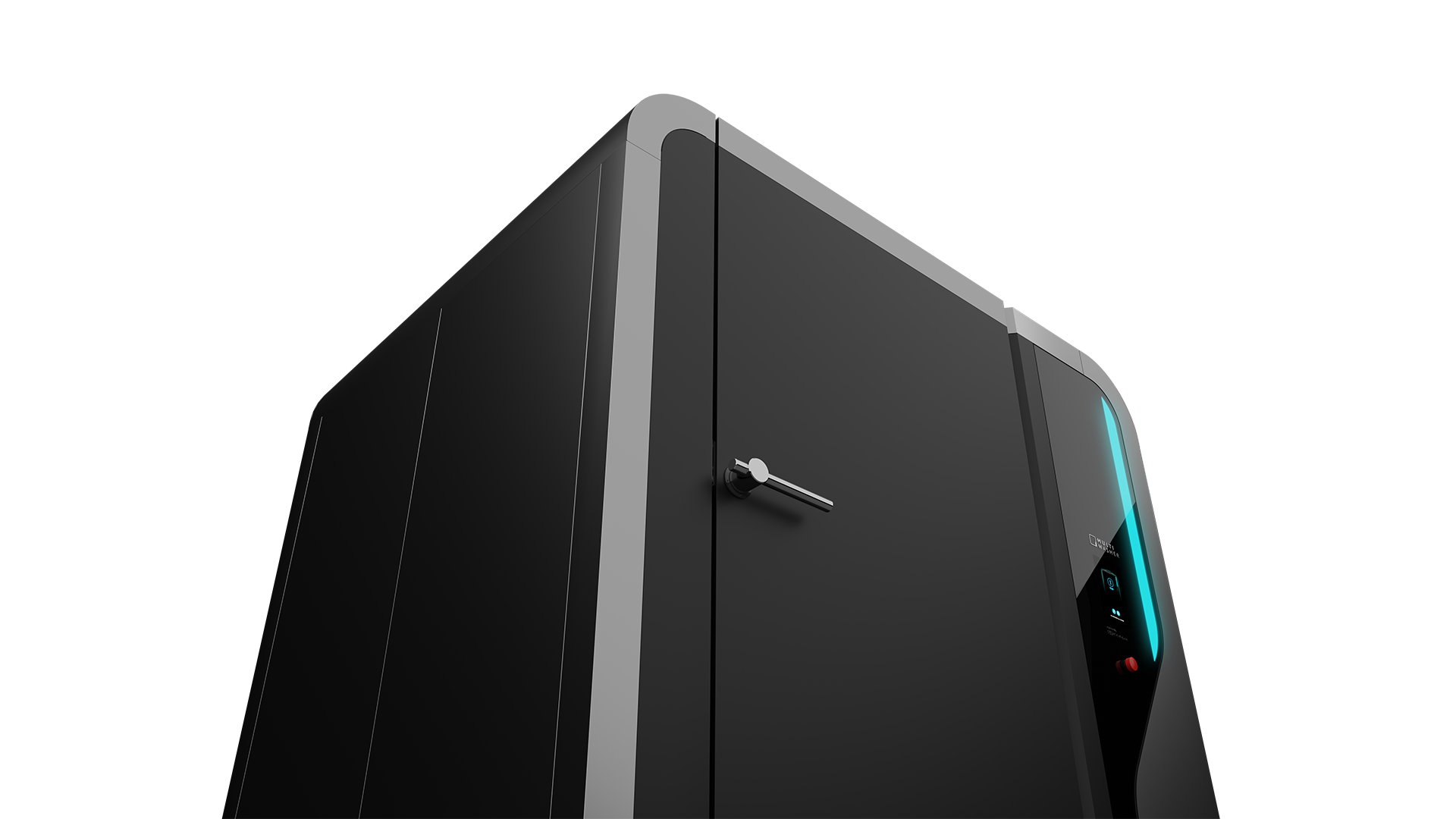
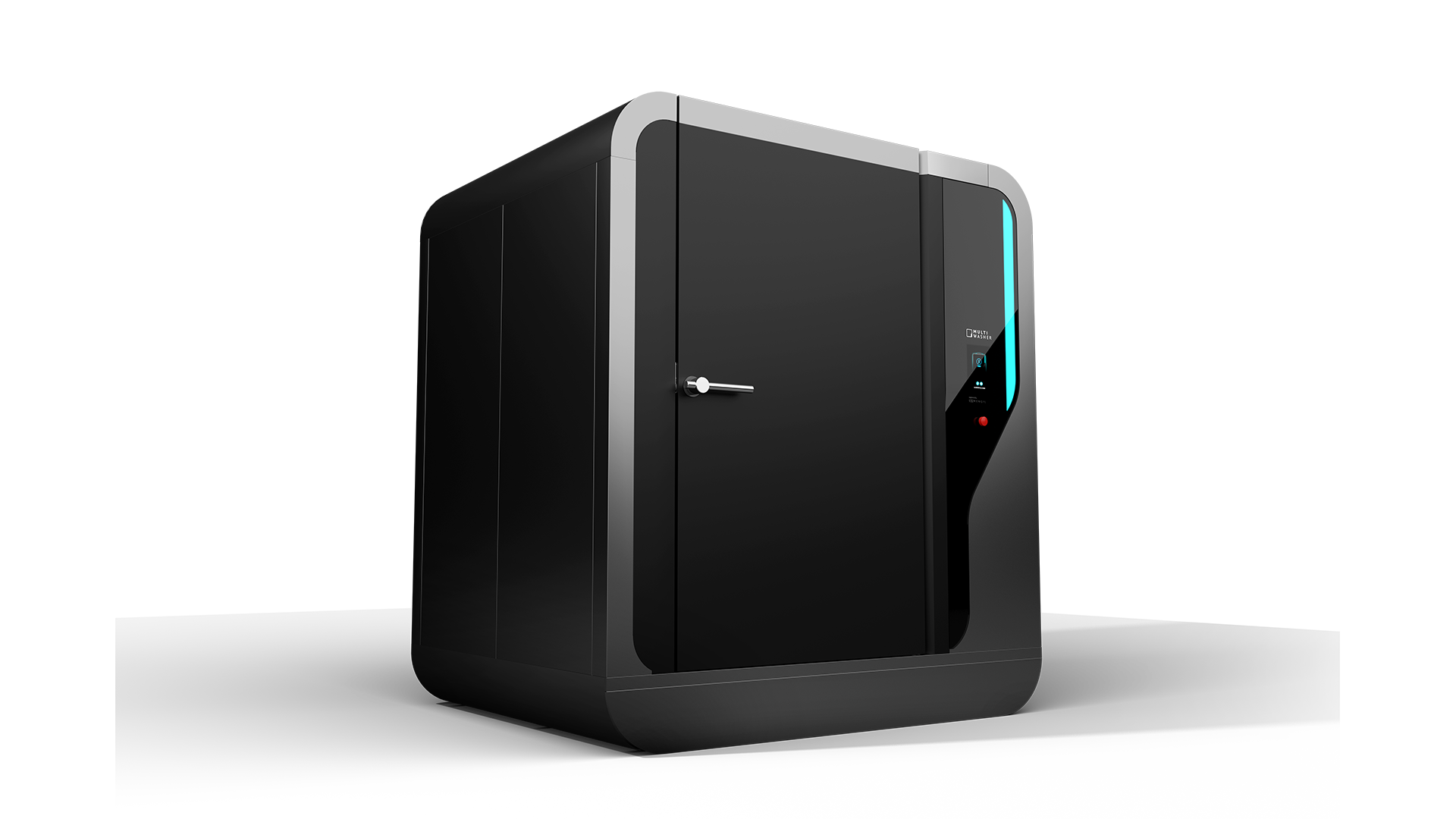
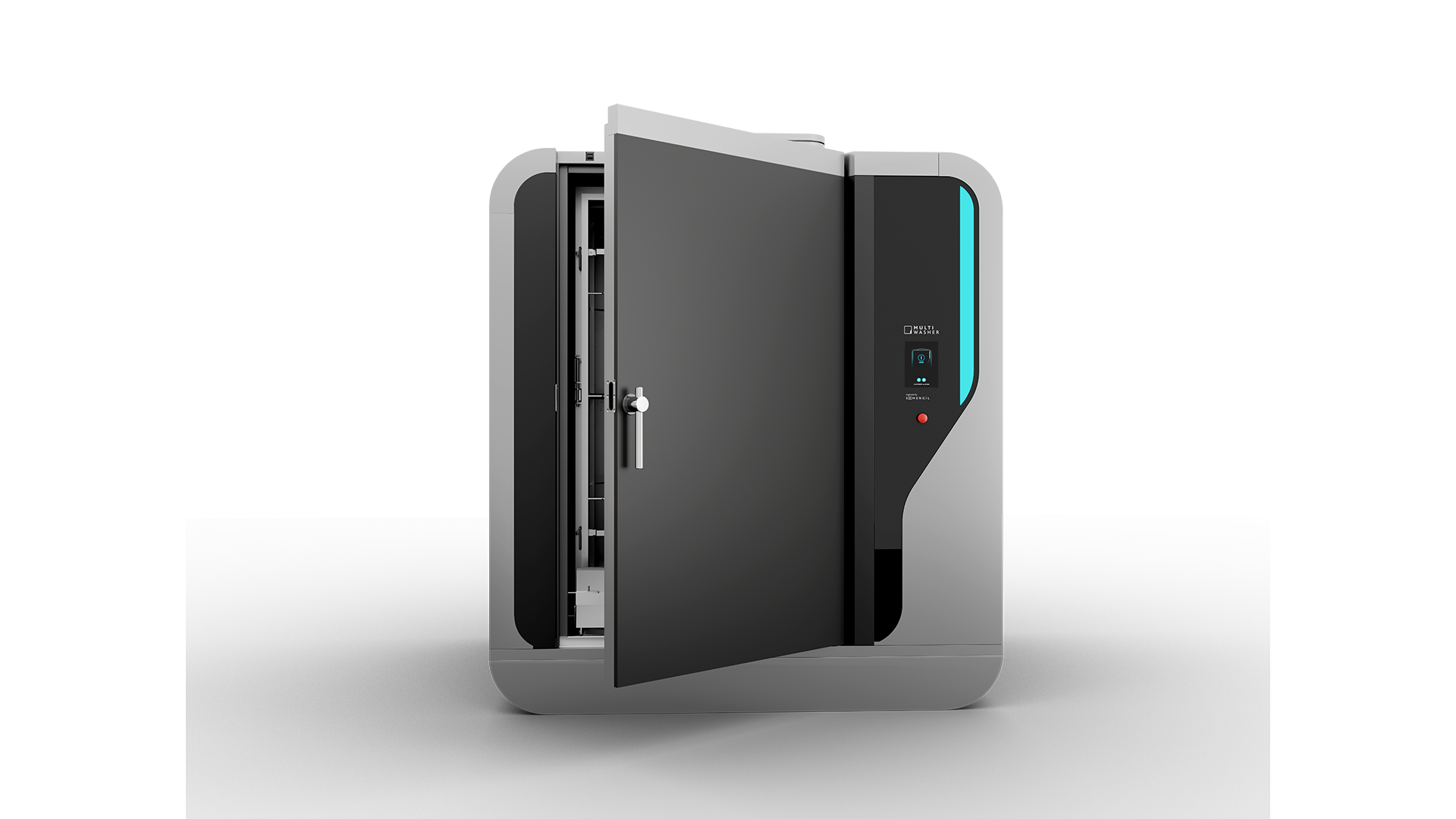
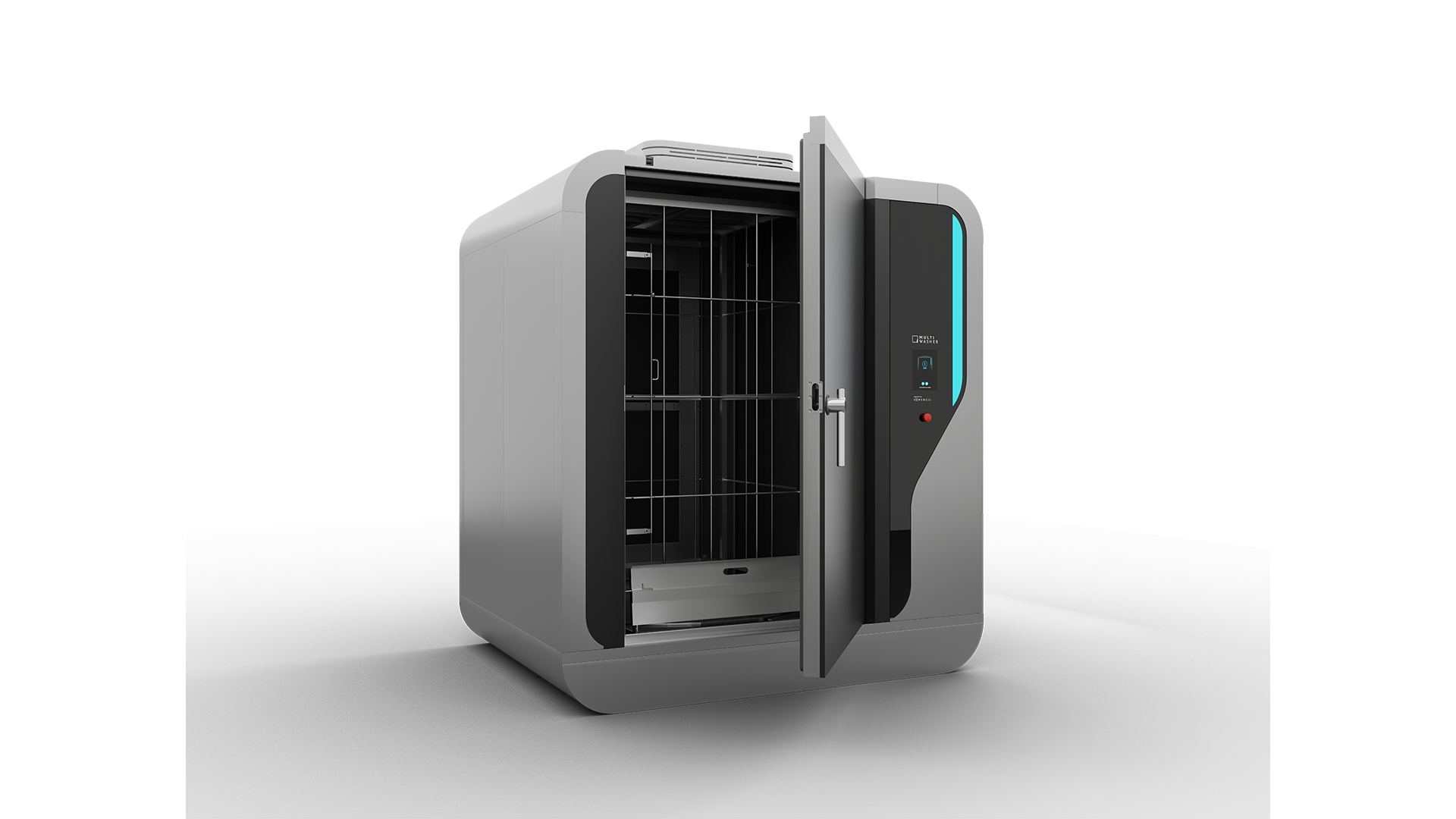
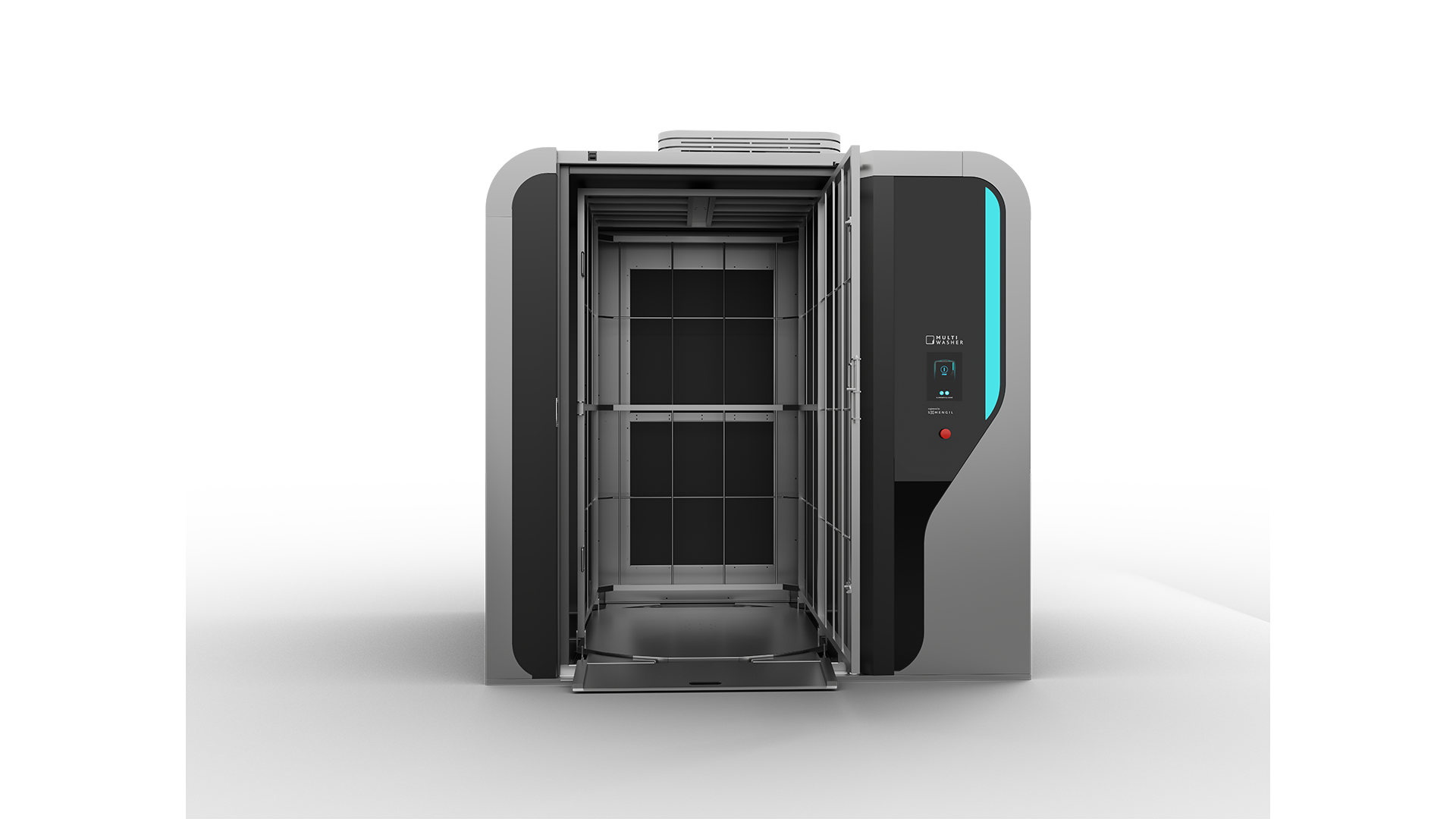
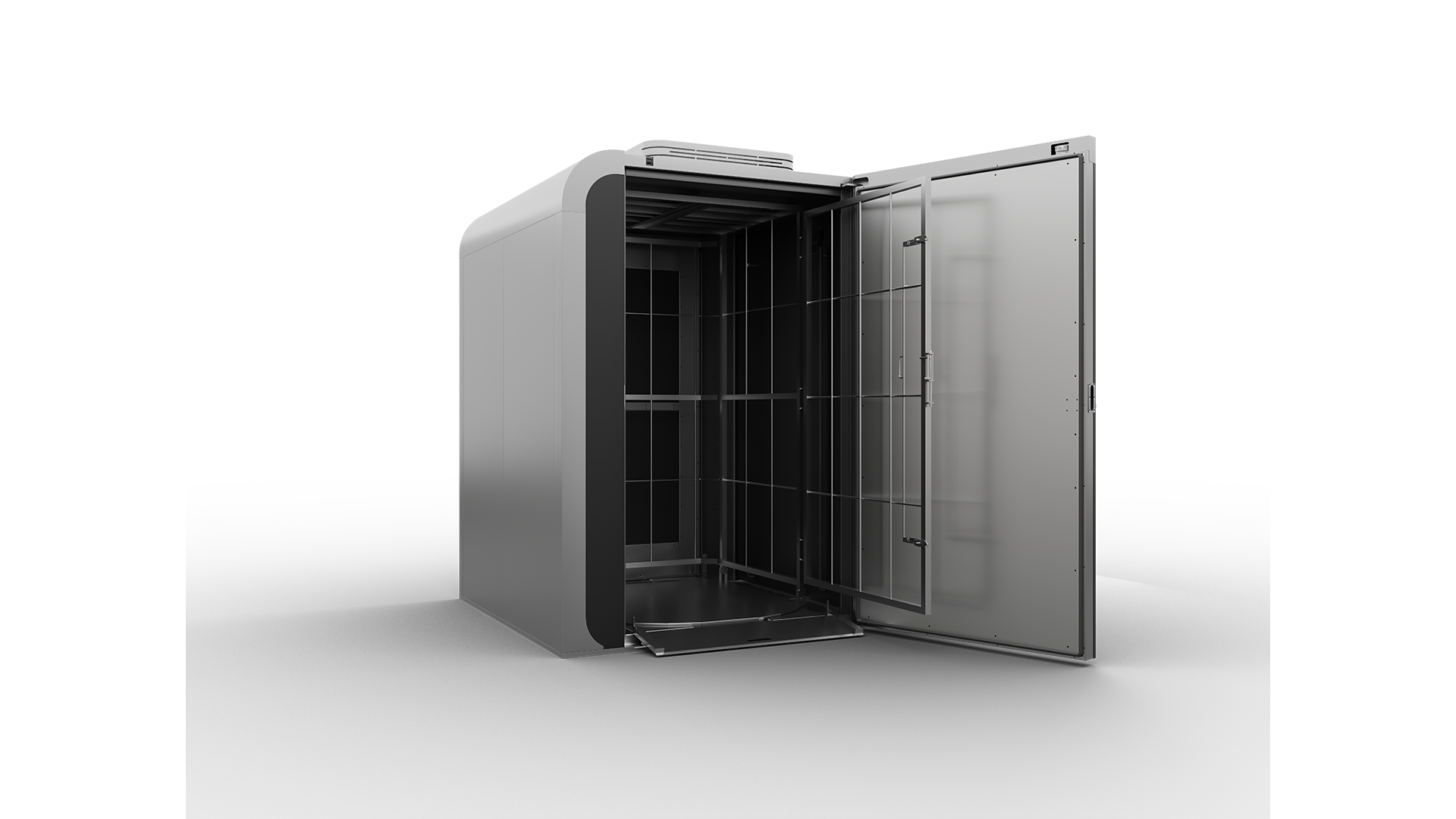
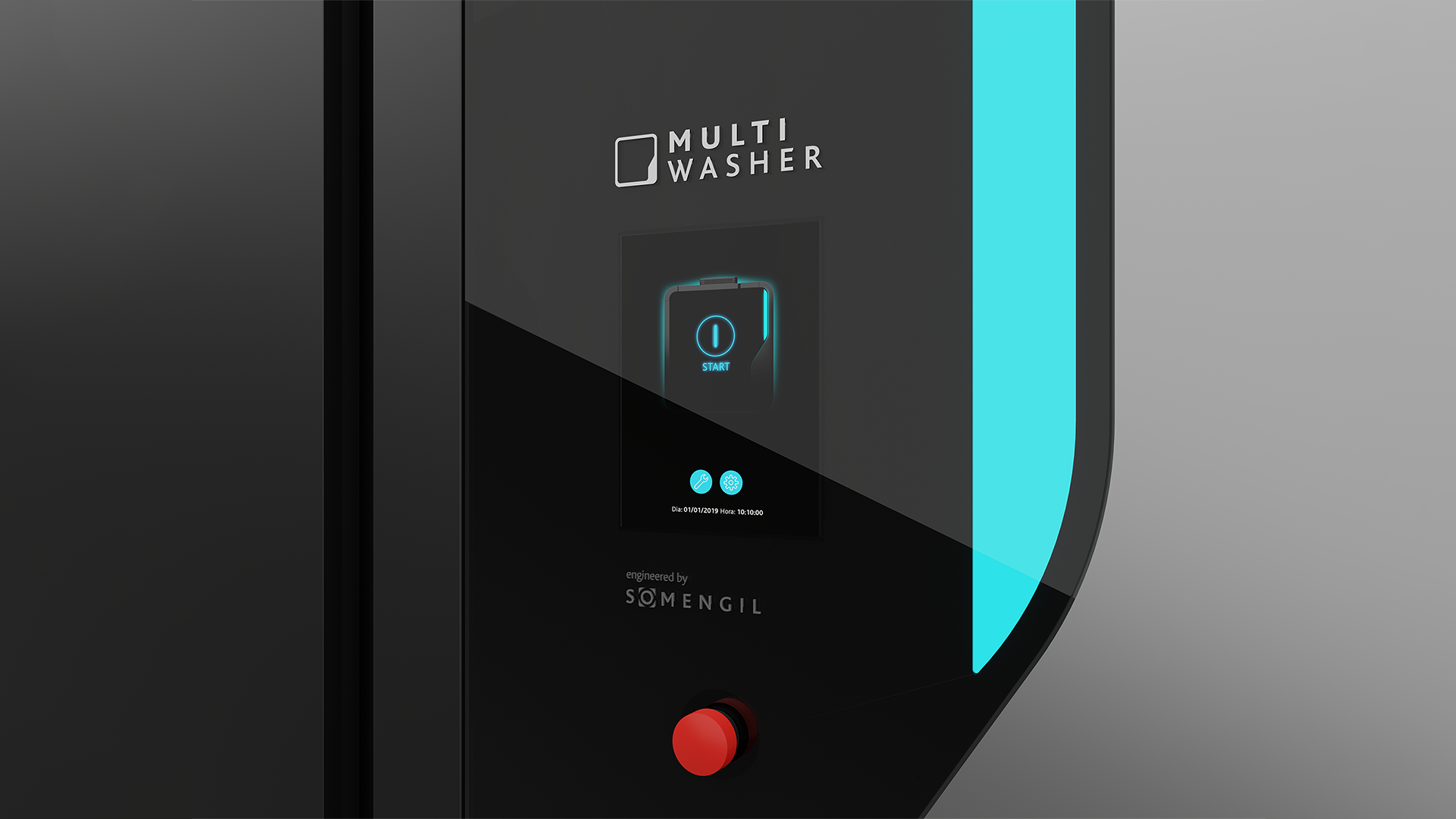
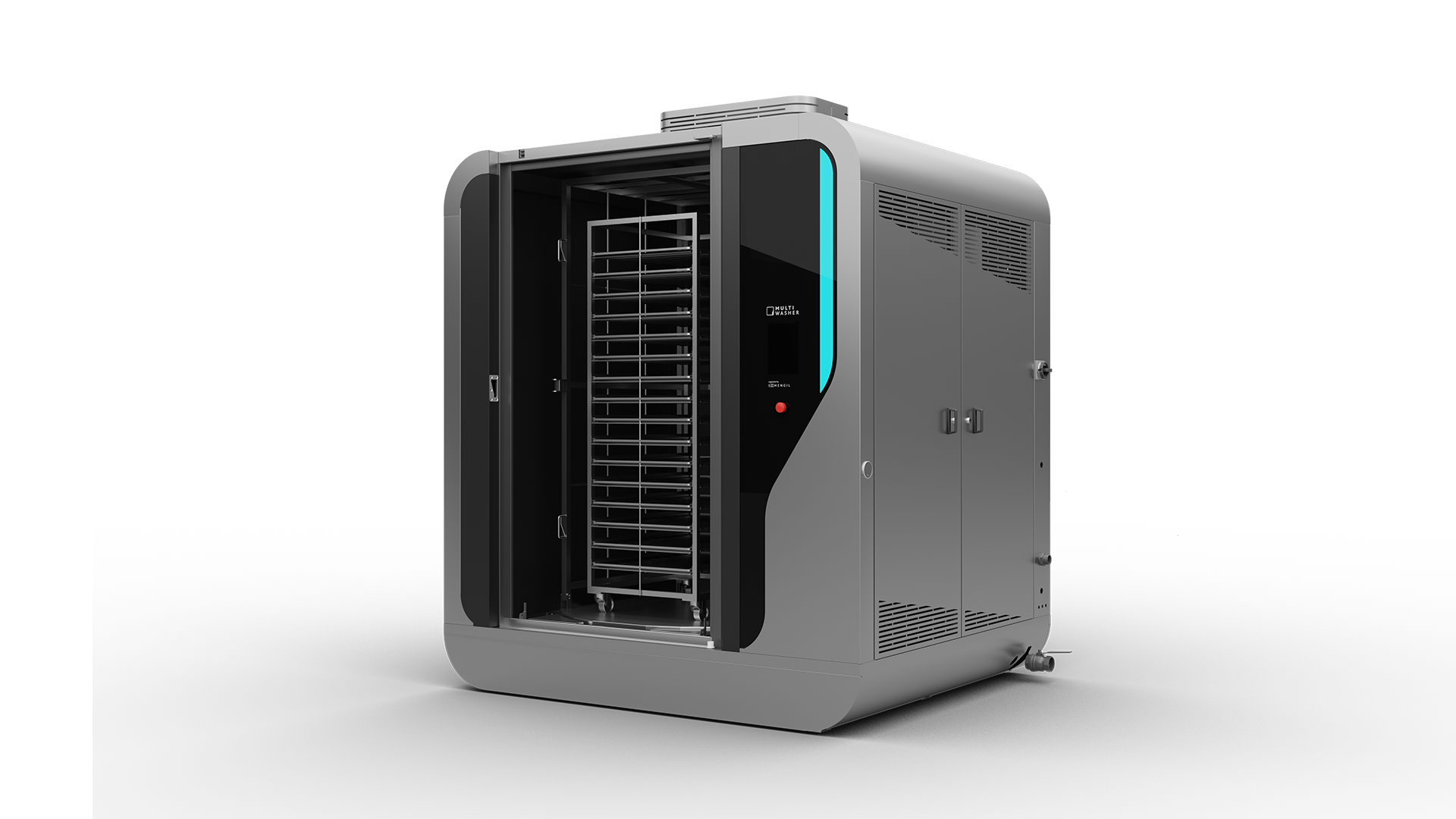
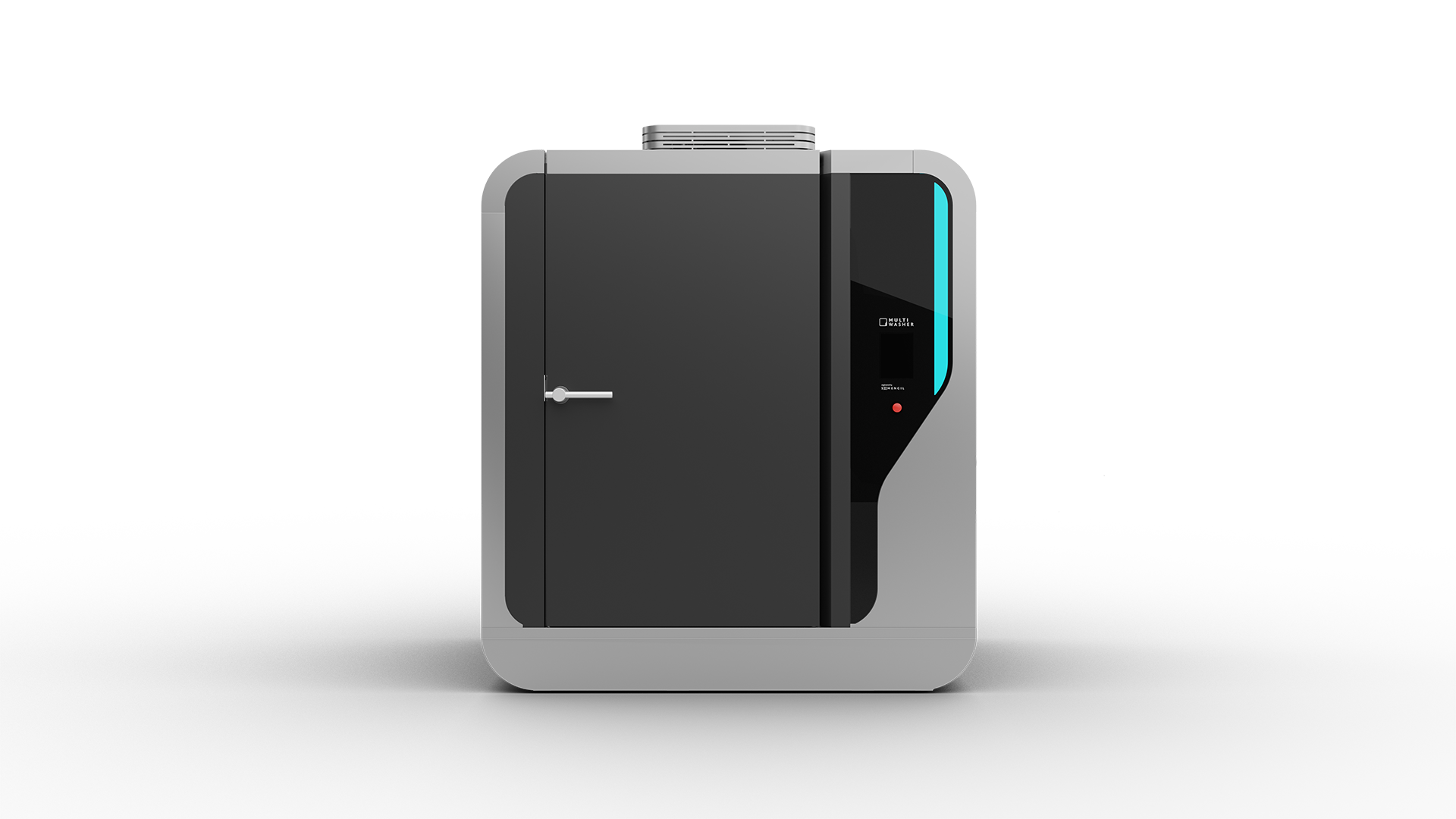


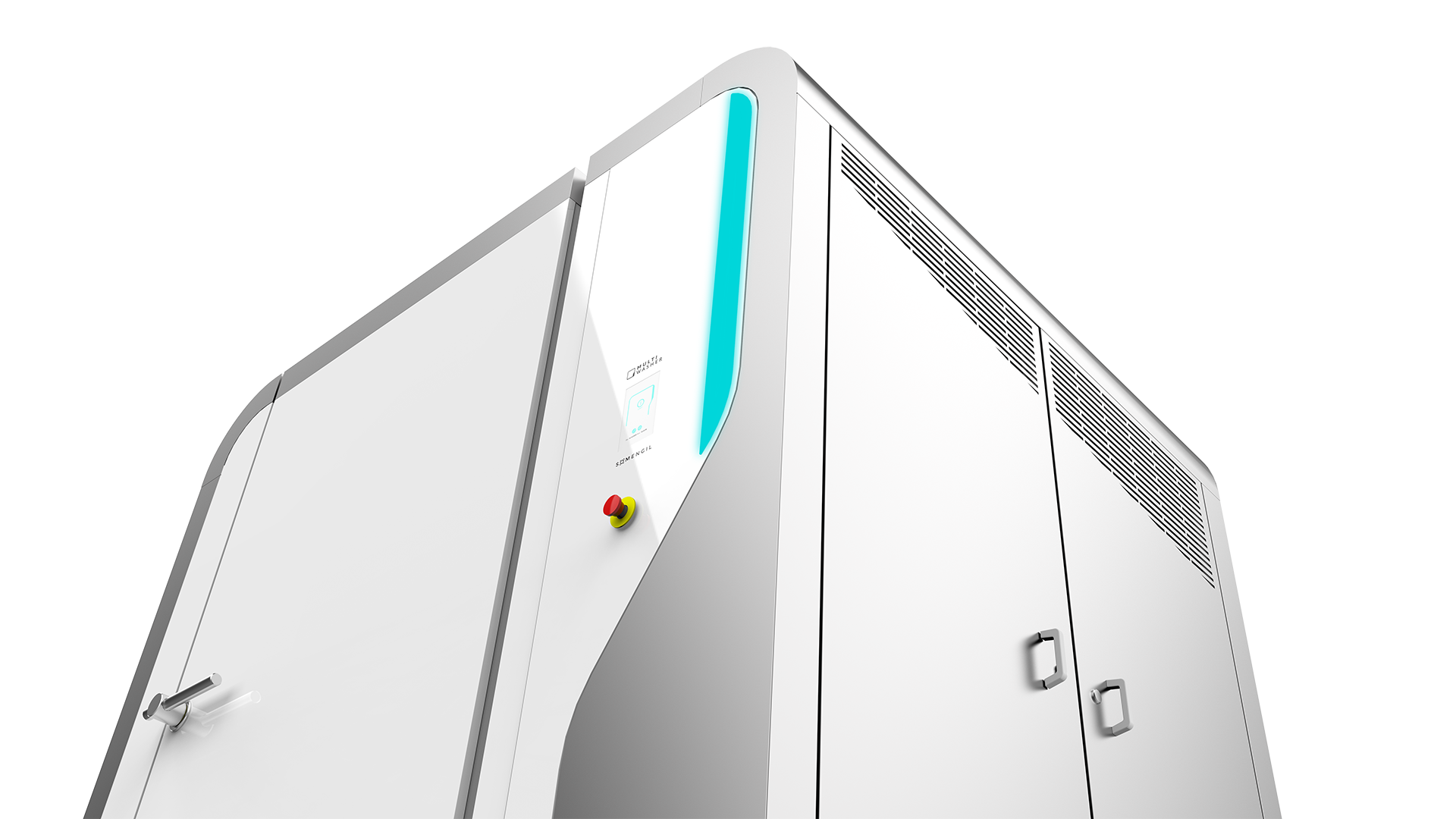
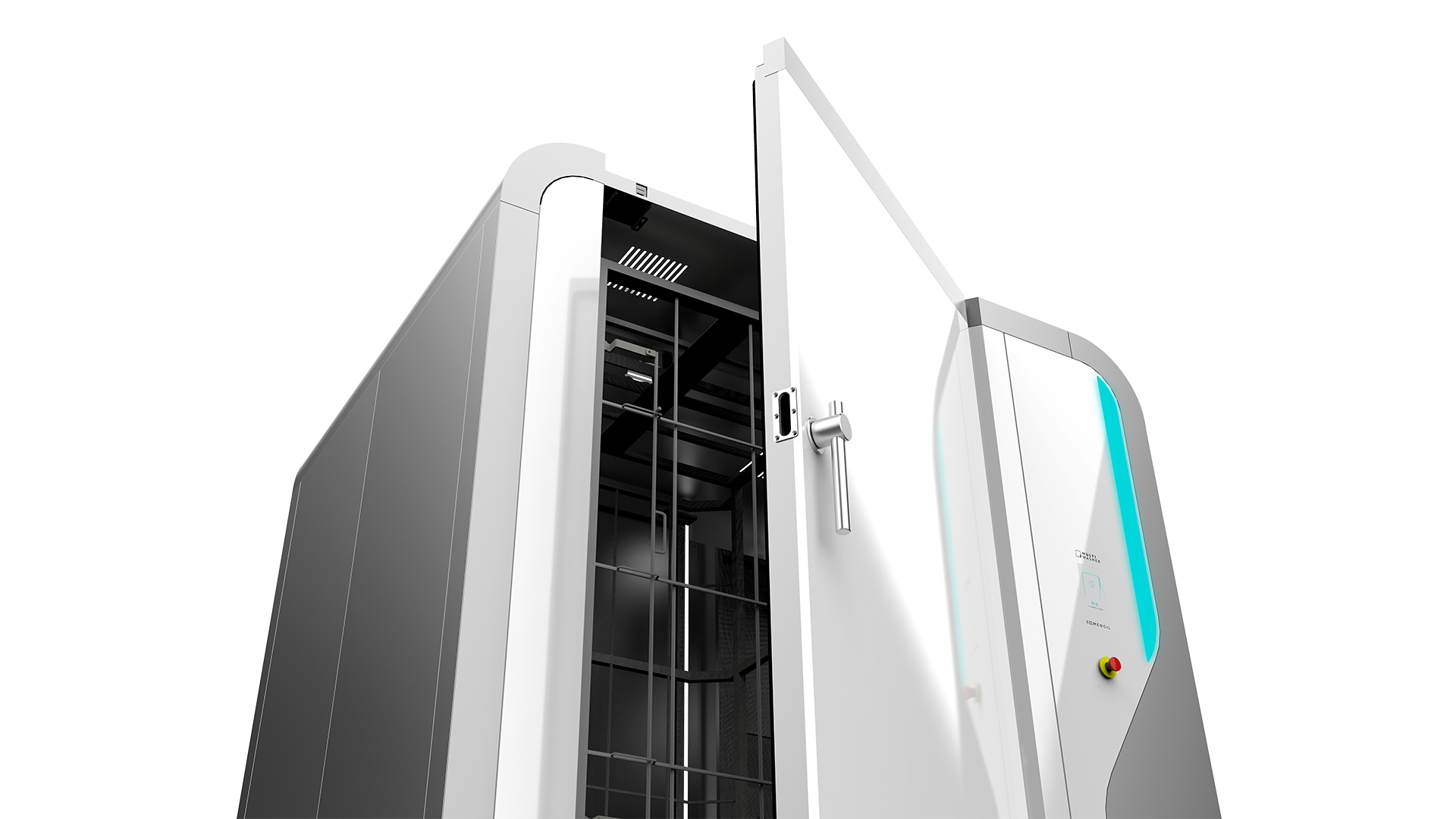
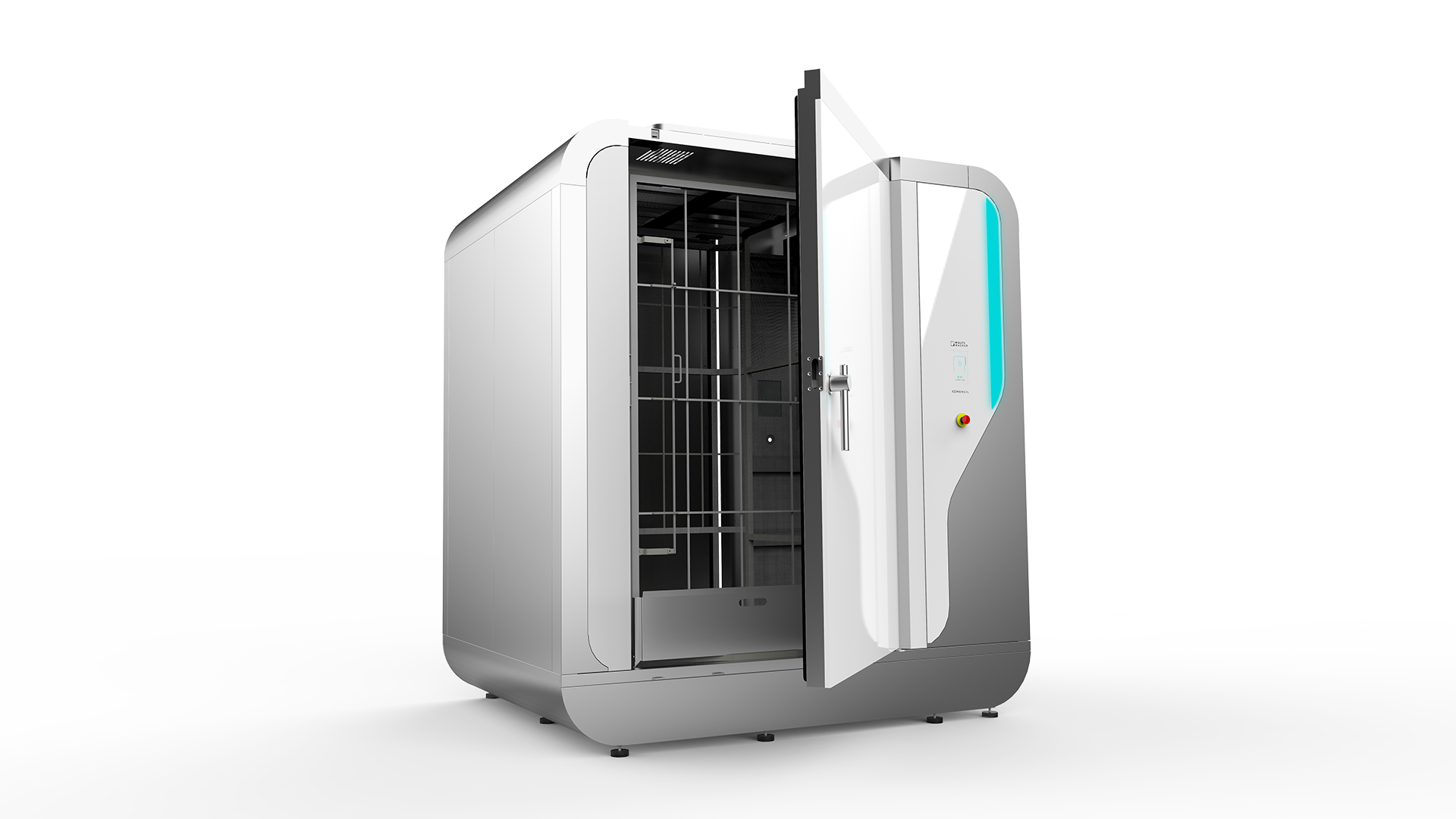
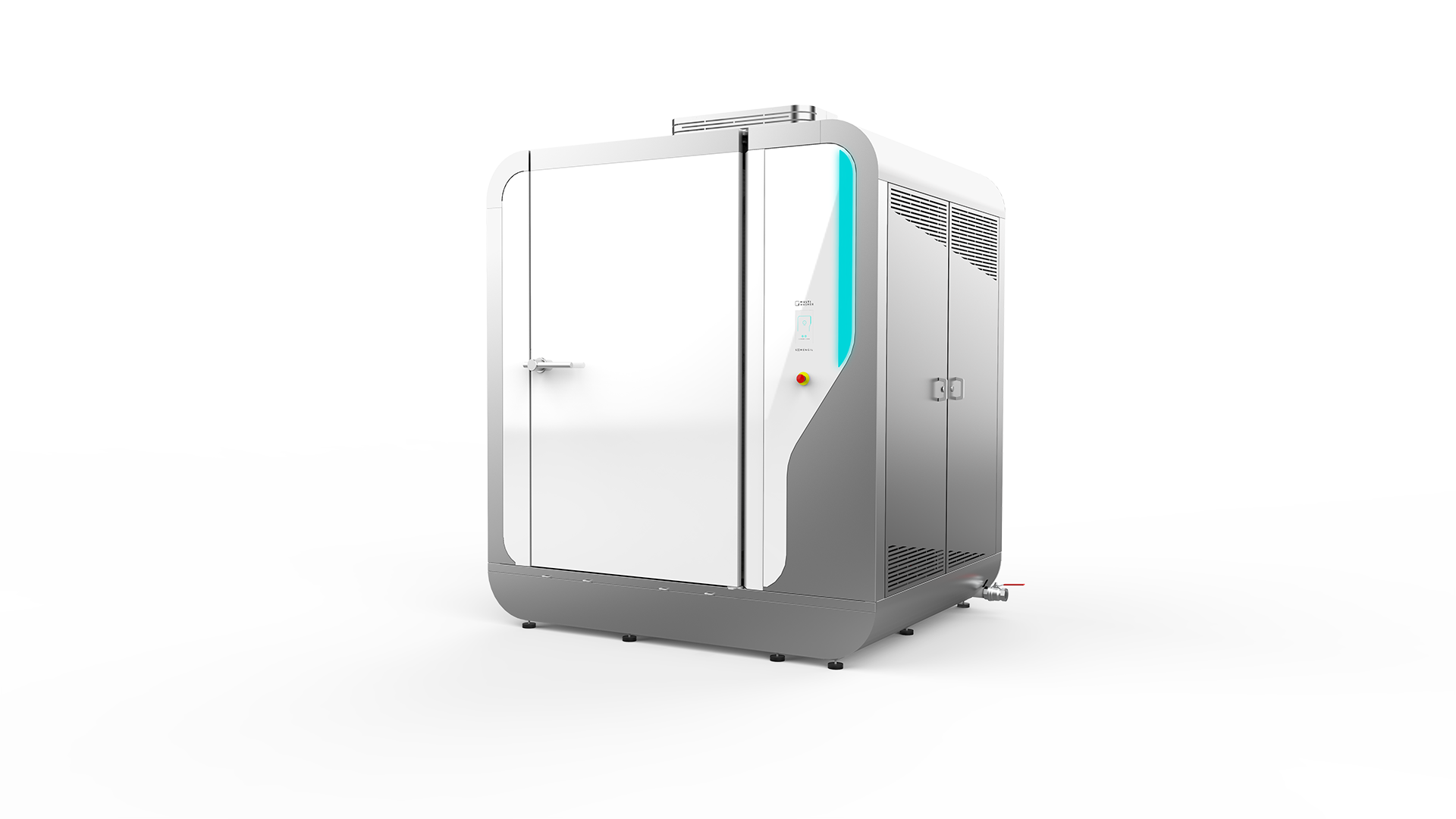
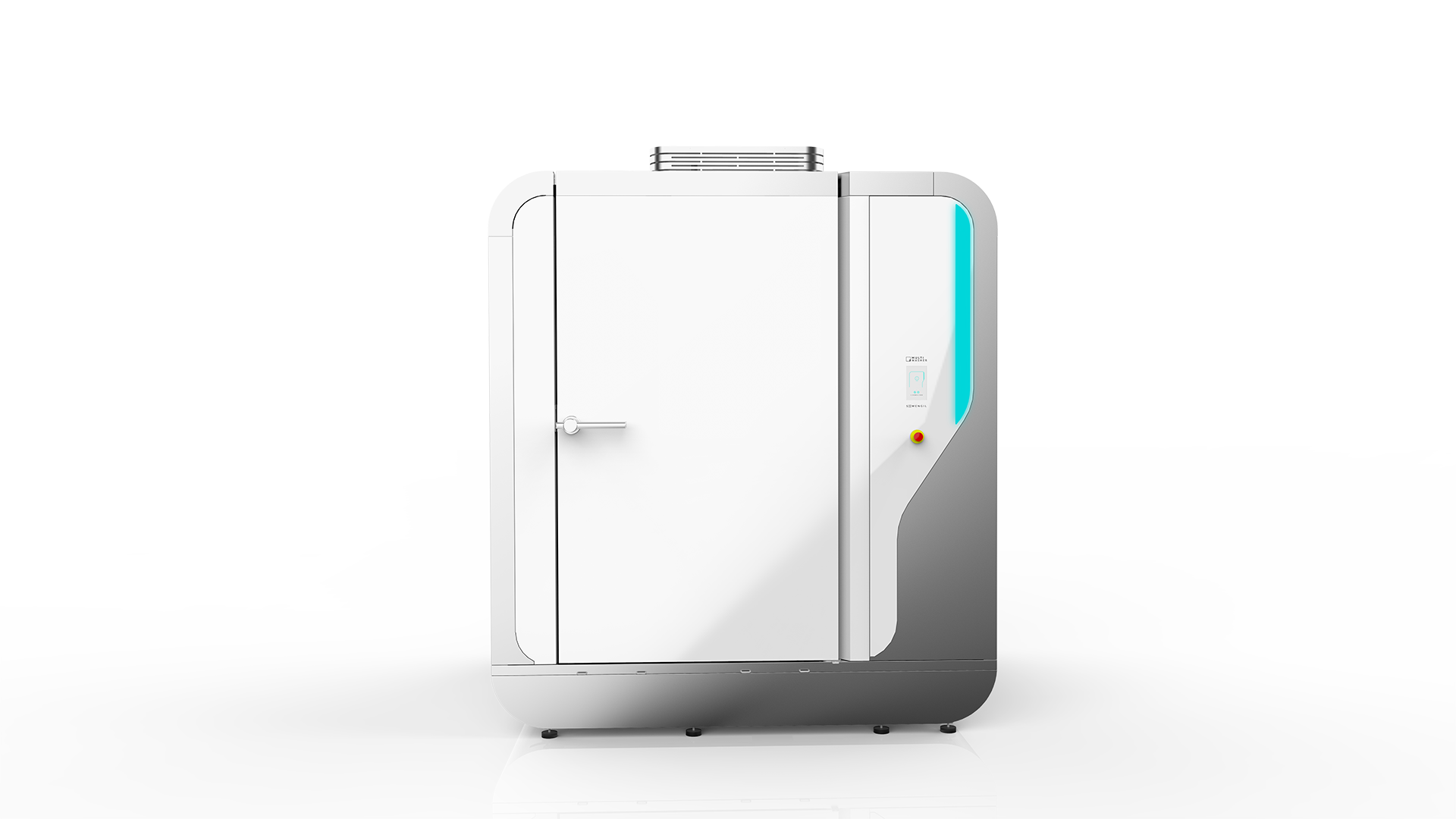
 Portugal
Portugal United Kingdom
United Kingdom United States
United States France
France Spain
Spain Germany
Germany Romania
Romania Italy
Italy Czech Republic
Czech Republic Finland
Finland Hungary
Hungary Slovakia
Slovakia Greece
Greece Lithuania
Lithuania South Korea
South Korea Russia
Russia Saudi Arabia
Saudi Arabia Poland
Poland Brasil
Brasil Hebrew
Hebrew